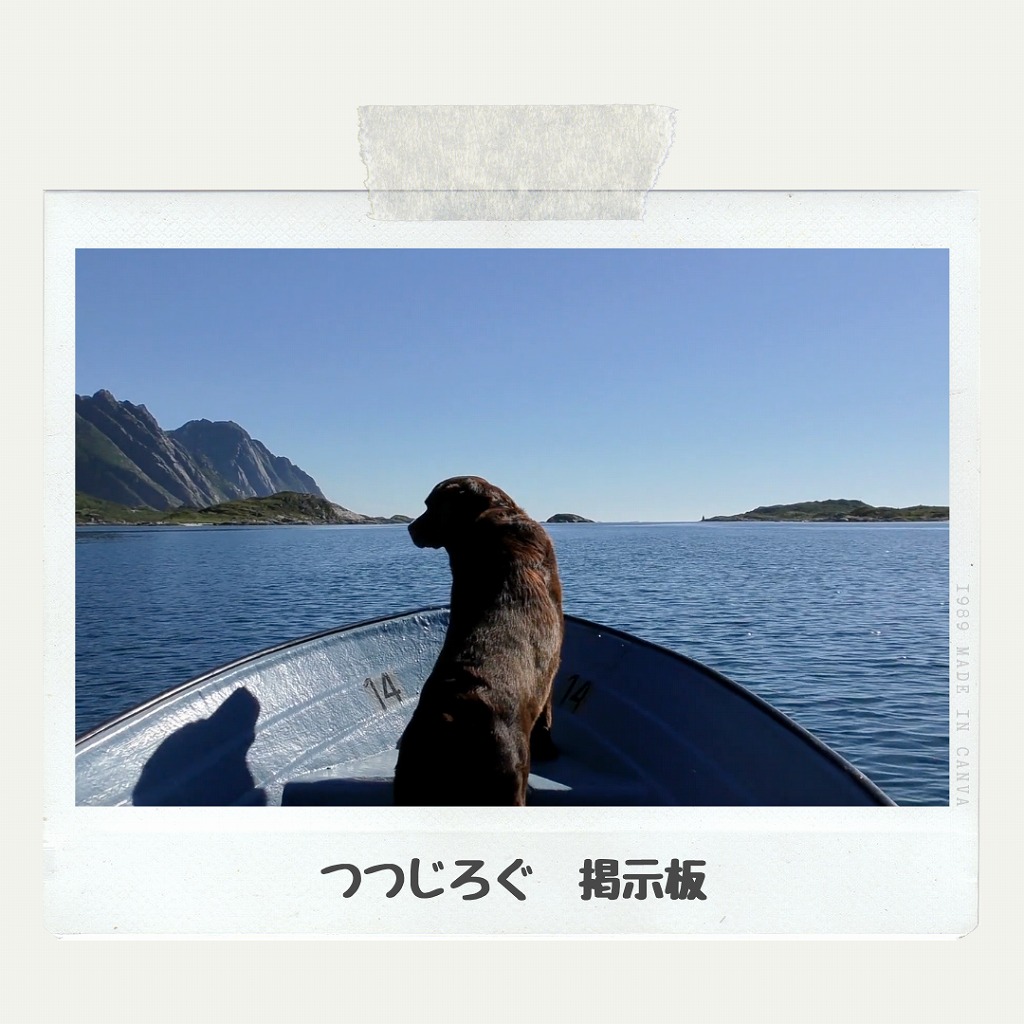困った事はきっと誰かの役に立つ › フォーラム › おしゃべりルーム › Meticals 1xBet Bonus bacterization
- このトピックは空です。
-
投稿者投稿
-
Cmopqt
ゲストorder cabergoline for sale – purchase premarin sale cheap alesse sale
Josephduene
ゲストGood day the newlyweds!
Best proposal photography in NYC for timeless engagement memories. Our experienced team ensures every detail is captured perfectly. Trust us to provide professional and candid photos of your special moment. Hire our NYC proposal photographers for your marriage proposal. Your engagement deserves expert care.
The site here – https://developers.oxwall.com/user/paparazziproposals
Proposal photography packages NYC
Full-service engagement photography NYC
Best spots for a proposal in NYC
Affordable proposal photography New YorkGood luck!
Josephduene
ゲストGood day the newlyweds!
Plan your marriage proposal with NYC’s best proposal photographers. We capture every precious moment from planning to the proposal itself. Choose our services for candid and professional photography. Your engagement deserves the best proposal photography in NYC. Let us make it unforgettable.
The site here – https://www.papercall.io/speakers/vladletophoto
Candid proposal photography NYC
Engagement proposal event photography
Proposal photo shoot locations in New York
Marriage proposal packages NYCGood luck!
RonaldBoils
ゲストA giant meteorite boiled the oceans 3.2 billion years ago. Scientists say it was a ‘fertilizer bomb’ for life
[url=https://guesthouse35.ru/300624/novosti-pogoda-v-maloj-purge-na-mesyats/]смотреть гей порно[/url]A massive space rock, estimated to be the size of four Mount Everests, slammed into Earth more than 3 billion years ago — and the impact could have been unexpectedly beneficial for the earliest forms of life on our planet, according to new research.
Typically, when a large space rock crashes into Earth, the impacts are associated with catastrophic devastation, as in the case of the demise of the dinosaurs 66 million years ago, when a roughly 6.2-mile-wide (10-kilometer) asteroid crashed off the coast of the Yucatan Peninsula in what’s now Mexico.
But Earth was young and a very different place when the S2 meteorite, estimated to have 50 to 200 times more mass than the dinosaur extinction-triggering Chicxulub asteroid, collided with the planet 3.26 billion years ago, according to Nadja Drabon, assistant professor of Earth and planetary sciences at Harvard University. She is also lead author of a new study describing the S2 impact and what followed in its aftermath that published Monday in the journal Proceedings of the National Academy of Sciences.
“No complex life had formed yet, and only single-celled life was present in the form of bacteria and archaea,” Drabon wrote in an email. “The oceans likely contained some life, but not as much as today in part due to a lack of nutrients. Some people even describe the Archean oceans as ‘biological deserts.’ The Archean Earth was a water world with few islands sticking out. It would have been a curious sight, as the oceans were probably green in color from iron-rich deep waters.”
When the S2 meteorite hit, global chaos ensued — but the impact also stirred up ingredients that might have enriched bacterial life, Drabon said. The new findings could change the way scientists understand how Earth and its fledgling life responded to bombardment from space rocks not long after the planet formed.
-
投稿者投稿
